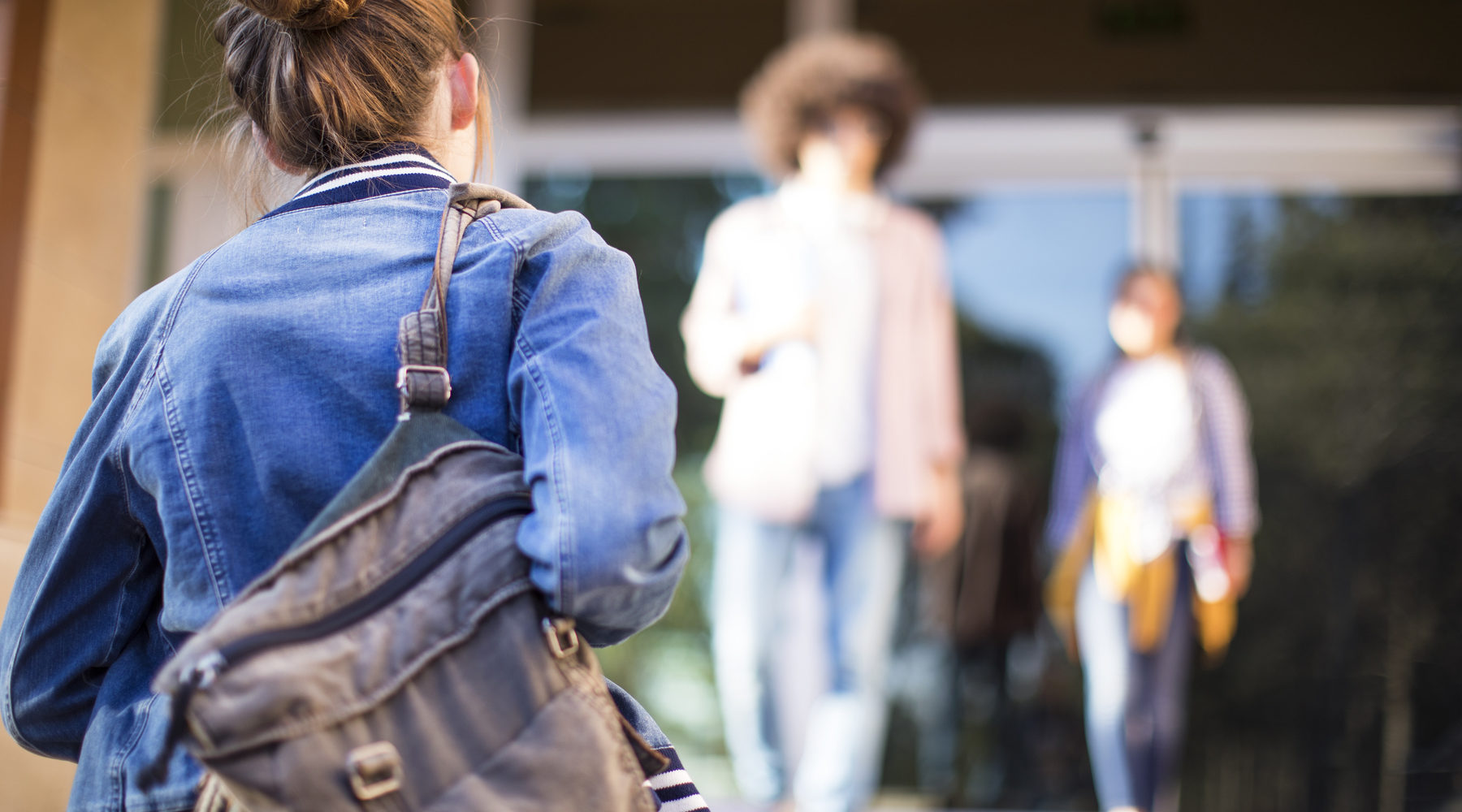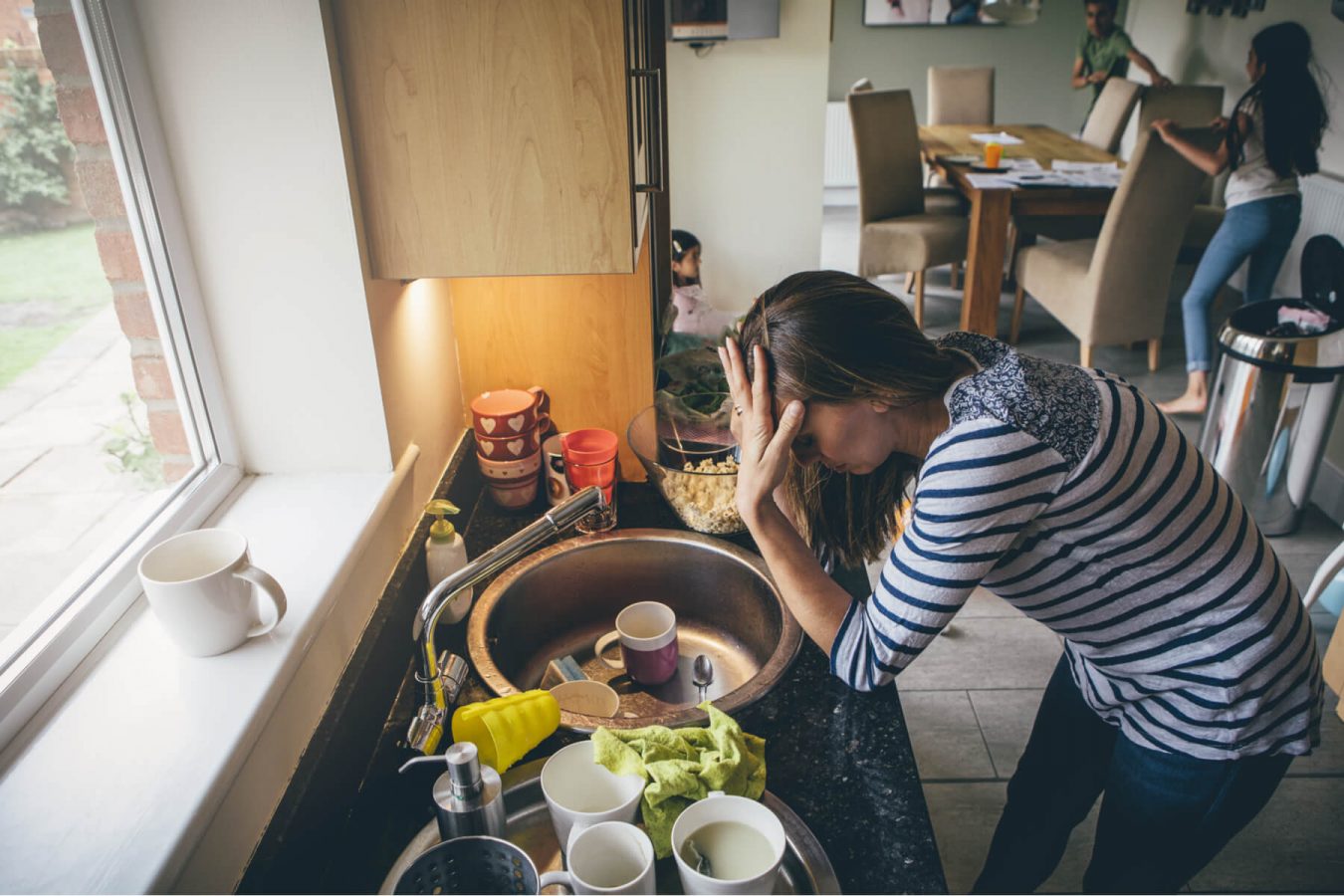
As Year 12 students prepare to return to the classroom, Peter Hanlon looks at how compassion and understanding have been important in supporting the Class of 2020.
As a clinical psychologist renowned for his work with young people, Andrew Fuller’s picture of life as a Year 12 student in the year of COVID-19 has been drawn by those in the eye of the storm. One summed it up with aching honesty.
‘Somebody said to me recently, “We’re getting all of the %$#! and none of the joy – all of the pain of doing Year 12 with none of the good stuff,”’ Andrew says. ‘I thought it was very astute.’
The list of rituals, traditions and rites of passage that 2020’s Year 12s are being denied is long and miserable. Many last-time experiences of their 13-year school journey – excursions, assemblies, sports carnivals, socials, for some even class and group photos – have already been missed. Big-ticket events of their final weeks like muck-up day and graduation remain in doubt, and stand to be greatly watered down if they go ahead at all.
Yet even missing the little things about being the biggest kids at school is leaving a hole that hurts. The traditional Year 12 top with ‘Class of 2020’ on the back will forever be a reminder of how rarely it was worn in the school yard. Home-school lunch breaks have only underscored how much students would love to be making toasted sandwiches in the common room with their peers.
‘You watch the students in the years before you and start to see yourself in that space, “I’m looking forward to that,”’ Glen McKeeman, principal of Christian College Geelong, says of his own memories of school’s final chapters. ‘These kids, the reality has been whipped out from under them.’
Of his final year Glen remembers a combination of collegiality and stress, and bonds formed through the shared sense that everyone was going through it together. For obvious reasons that load-sharing could have an even more powerful legacy this year, and the proactive approach of CCG’s almost 180 Year 12s emboldens him.
We’ve had constant communication with our prefect group and leaders, asking them what they think they need – rather than us dictating to them. That’s been really helpful – giving them a voice.
Compassion and understanding the key
Their responses have married the comfort of keeping as many school-based events as possible running – such as the house music competition, which will be conducted virtually rather than in front of 2000 people at Costa Hall – with innovations including an online ‘press’ publication, and a recess channel where groups come together remotely during home schooling.
Cherished trips have been missed – to Cambodia, Vietnam, central Australia and a music tour to Queensland – but the show has gone on in house drama, and the popular annual ‘wearable art’ fashion parade will be filmed and shared.
Compassion and understanding are key; Glen McKeeman isn’t about to dismiss the students’ 2020 trials as small beer in the grander scheme.
The first thing we’ve tried to acknowledge is this is their reality – it’s not someone else’s experience. We’ve related that to things that help us develop resilience, but we haven’t tried to gloss over the fact that an important part of their journey has been denied them.
Seeing the opportunities
Andrew Fuller notes that rites of passage have been spoken of throughout human existence, citing Homer writing of Odysseus’ 10-year struggle to return home from the Trojan War. In a recent webinar for The Parents Website, he floated the idea of celebrating a seminal event like graduation as soon as possible – even if that means next year.
That is one of several scenarios being discussed at CCG, including an outdoor, stand-up, cocktail-style gathering later this year if the climate allows. And there is a determination that a ritual unique to the school that has happened for nearly all of its 40 years will go ahead, even if in small groups.
‘Our Year 12s climb the clock tower on the last day of school and write their name on a brick,’ Glen McKeeman says. ‘It’s really emotional. I believe each student getting their brick is their mark, and their mark is part of something that’s much bigger than them.’
Before then, Andrew Fuller says it’s time for parents and schools to build some certainty into the crucial weeks leading up to exams. Put in the hard yards now, and the silver lining could include tertiary institutions with extra places to fill in the absence of foreign students. Whatever happens next, he says, society needs the enthusiasm and adaptability of youth more than ever.
‘I say to young people, “If ever there was a world in need of reinvention, here it is. Here’s an opportunity to think about the contribution you can make to a better future.’
And when they get to the other side, they’ll forever have a boast unlike no Year 12s before them. ‘Later in life, when people ask, “What was your final year of school like?” These kids can say, “Well, let me sit you down for half an hour and I’ll tell you!”’
Subscribe to The Parents Website

